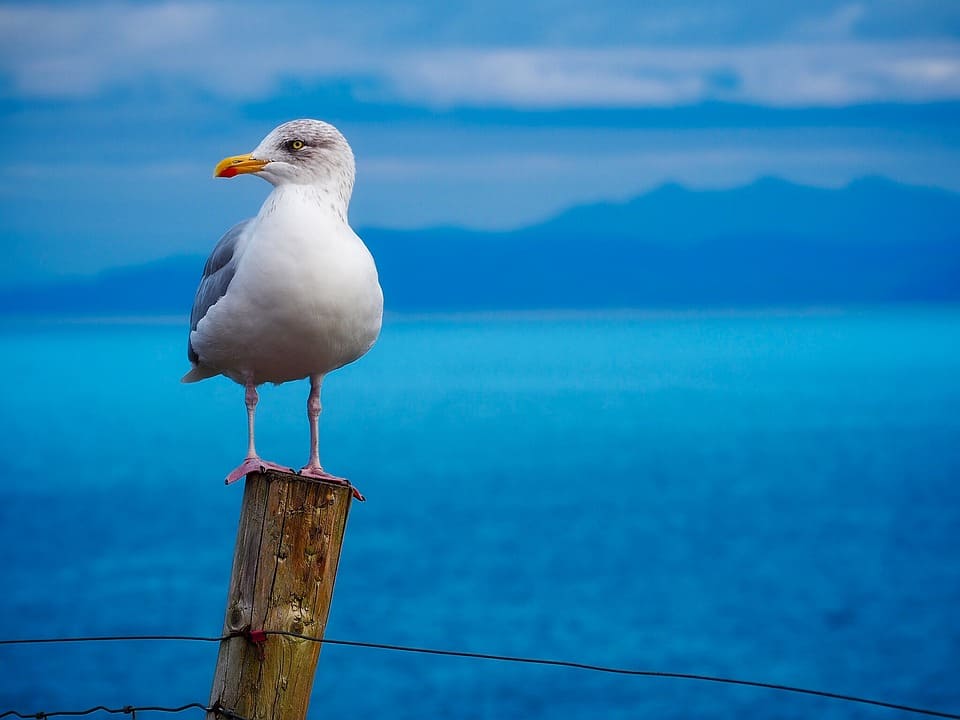Spain has proposed to advance in the conservation of the entire marine natural zonein addition to sustainably developing the Spanish coastline And it is for them that he has become Committed flag bearer on the path of ocean protection.
A commitment that has been adopted within the framework of the celebration this week of the United Nations Conference on Oceans (UNOC3) that until Friday takes place in the French town of Nice.
Apart from this advance, from the MITECO The work road map has been presented that will be aimed at approveing the management plans that have not yet been approved in protected marine areas and areas. In this sense, the idea is Approve more than 40 from here in a year.
1. Designation of new marine protected areas
Ecologists positively value the announcement of the president, Pedro Sánchez, to increase the protected surface of the Spanish Sea until exceeding 25% that had as its goal by the end of 2025.
Little is the announcement to protect new marine areas if it is not accompanied by a clear land management commitment that prohibits destructive activities, such as drag fishing, inside.
Currently, many theoretically protected areas in our country are exposed to destructive activities, despite having been designated to protect both habitats and vulnerable species.
2. Management plans in existing protected marine areas
Ecologists celebrate confirmation by the Minister for the Ecological transition and demographic challengeSara Aagesen, which Spain will approve more than 40 Spanish protected marine management plans in the next 12 monthscoinciding with the end of LIFFE INTEMARES EUROPEAN PROJECT.
It is very important that these management plans explicitly prohibit destructive fishing, such as drag, of these areas of great value designated to safeguard habitats and vulnerable species, as countries such as France, the United Kingdom, Denmark and Sweden have already announced.
3. Closing to commercial and recreational fishing in Cabliers (Mar de Alborán)
Ecologists celebrate that measures are finally taken to protect this depth coral reef, a unique place in the Mediterranean, where countless species considered vulnerable inhabit.
Cabliers is also a habitat of youth and players of fishing value species whose stock is currently overexploited. We hope that neighboring countries, Morocco and Algeria, demonstrate the same commitment to protect all of this enclave as soon as possible.
4. Strict protection, the pending subject of UNOC3
A pending subject that has left UNOC3 is the lack of designation of strict protection areas. Spain must urgently implement measures so that its protected marine spaces cease to be paper parks.
Increasing the protected surface strictly and removing destructive fishing arts is essential to recover habitats and species, as well as to increase the resilience of ecosystems in the face of the climatic crisis.
Spain must follow the path of other European countries such as Denmark, Germany, Sweden or France that have already promised to reach 10% strict protection in its waters.
5. GENERAL DECLARATION ON SUBMARINE MINING
Ecologists with satisfaction welcome the growing number of countries that defend a moratorium on deep water mining until precautionary norms are established that guarantee that it can be carried out safely and responsible.
It is good to see that the EU and many Member States assume a leadership role in this issue, including countries such as France and Portugal, and that the number of countries that support it does not stop growing.
This preventive approach to human activities is what the International law and also to ensure that we preserve and rebuild healthy oceans for future generations. ECOticias.com

